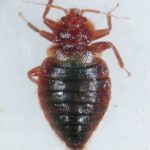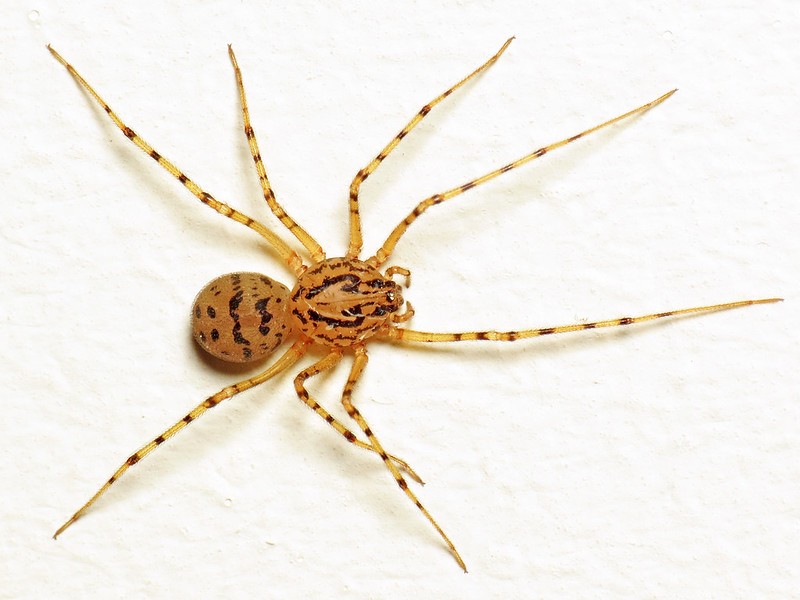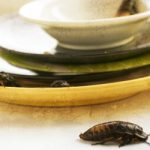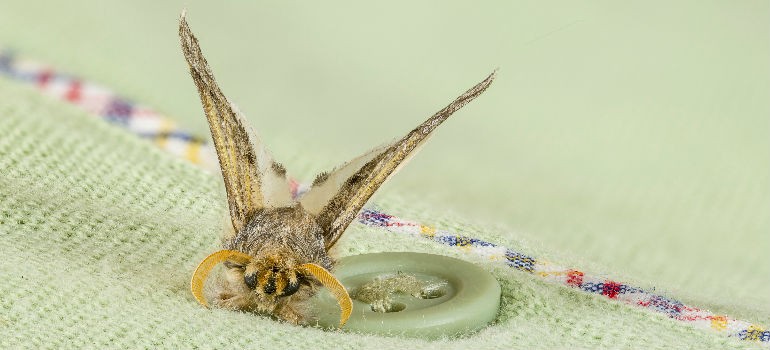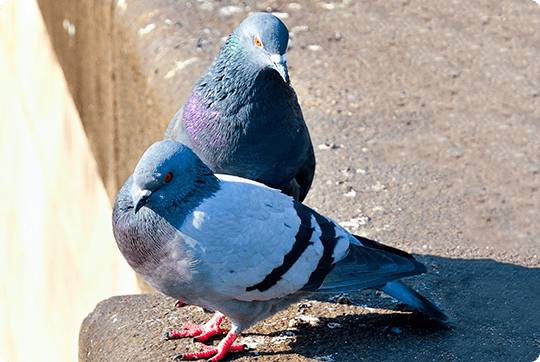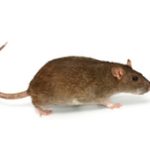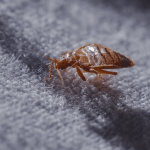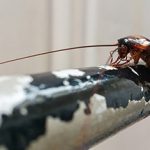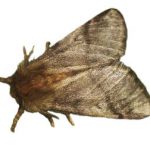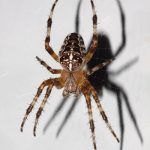Why Bees Are Important and Why We Need to Protect Them
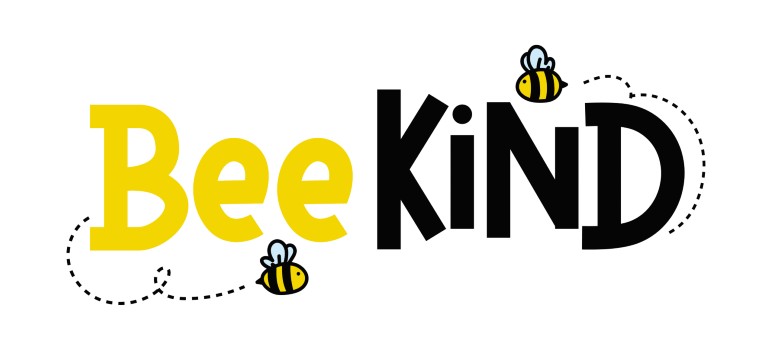
The benefits of bees for the garden and the ecosystem are undeniable. However, having bees around your home can cause trouble, as their stings can be dangerous for people with severe allergies.
In this article, we’ll go over how to get rid of bees naturally and without harming them. So, keep reading!
Most people are aware that bees play a vital role in nature, pollinating crops and helping to ensure food supplies. In order for the world to be green, it needs more than just soil, water, and sunshine. Cross-pollination is essential to the growth and reproduction of 90% of plants.
In nature, bees play an important role in maintaining ecological balance and biodiversity. One colony of bees can pollinate 300 million flowers a day.
In addition, bees act as indicators of the environment’s health. When their presence, absence, or quantity changes, we can tell that there is a problem with the environment and that we must act appropriately.
Types of Bees in the UK
It might surprise you to learn that there are over 250 species of bees living in the UK. Bumblebees, Mason Bees, and Honey Bees are just a small part of the spectacular bee family in Britain.
Bumblebee
Among all insects, this bee is most deserving of the title “helpful workhorse” because it pollinates crops and flowers. Social in nature, they nest in colonies ranging from a handful to several hundred bees in size.
During the spring, the bumblebee takes to the skies after overwintering in the ground to search for nectar and pollen and establish a new nesting area. Bumblebees rarely attack unless they are threatened. They prefer to nest in loose, fluffy materials, and sometimes underground.
Honey Bee
This species was probably responsible for the phrase “busy as a bee”. In the past, honeybees have been domesticated, which means that finding a wild colony nowadays is extremely rare.
Even if they serve a beneficial role, large colonies near your home can still be a concern. If its hive is threatened, this species is likely to become more aggressive and will sting to defend itself. Their hives can contain up to 20,000 bees, and they feed primarily on open flowers that they can reach with their short tongues.
Even though honey bees do not attack humans unless threatened. In addition, their nests produce thousands of workers and can be extremely heavy. This is probably the only species for which relocation from the house is recommended.
Mason Bee
These bees build their nests in gaps or cavities that have occurred naturally. Their nests are made of mud or other “masonry” materials. If you come across clouds of bees buzzing around brick walls, they are likely Mason bees.
This species doesn’t make honey. But they do have a mighty punch with their pollination abilities, allowing seeds to set, fruit trees to produce more fruit, and flowering landscapes to grow bright and colourful.
Why You Might Want to Get Rid of Bees
While protecting bees is crucial, this does not mean you have to share your home with them. In general, bees are not considered pests. However, it is their behaviour that determines whether you need to deal with them.
It is possible for some species to cause damage to your home or become hostile. What’s more, some people are allergic to bees so severely that even a single sting could lead to death.
So, if you’ve decided that it’s best to deter bees from settling onto your property, here are some bee-friendly ways to chase them away.
How to Get Rid of Bees Naturally
If you find a swarm of bees in your home, stay calm and keep your distance. Do not attempt to move the hive! Otherwise, the bees will swarm out to protect it and everybody around is getting stung.
Read more about the difference between a beehive and a wasp nest.
People often associate bee pest control with harmful pesticides, but there are several natural methods that you can use instead. Humanely removing bees is possible and will help you keep them away. Below, we have listed a few natural ways to get rid of bees without harming them.
Vinegar
This common pantry item is useful for many things, but not many people know that it repels bees, as well. Vinegar spray is a great natural way to get the bees out of your yard. In addition to being an easy-to-make product, it’s also environmentally friendly, since it does not rely on insecticides or toxic chemicals.
In a spray bottle, combine equal parts of water and vinegar, then spray in the vicinity of the hive. Make sure to spray any flowers on your porch or window sills, as well. Bees won’t like this and will want to go somewhere else. Remember that if you’re dealing with a huge number of bees, this solution may prove less effective.
Mothballs
There are some scents that bees don’t like, and one of them is that of mothballs. To use this method, hang them all around your property and keep the entire yard/deck area bee-free. Alternatively, you can hang mothballs near bee nests, and the smell will discourage the bees from returning.
Bee-repelling plants
If your backyard barbecues are always getting swarmed by bees and wasps, you might want to take a look at your landscaping. Planting sweet-scented flowers and plants may be attracting bees, so you will want to rethink where and what you are planting in your garden.
A great way to keep bees away from your property without having to kill or remove them is to grow bee-repelling plants around your home.
Neem, Mint, Citronella, Eucalyptus, and Cloves are some of the most common and effective ways to repel bees. They are easy to grow in pots and don’t require a lot of maintenance. Bee repellents such as marigold and germanium can also be a very effective way to keep them at bay.
Cinnamon
An effective natural way to get rid of bees is to use cinnamon. If you find a hive of honey bees and want them to find a new home without harming them, sprinkle cinnamon around their hive for about a week. The smell will convince them to relocate. Cinnamon is also particularly effective for removing ground bees.
Essential Oils Bee-Repellent Spray
This spray ensures complete pest control for all kinds of pesky insects, including wasps and bees. It will repel bees from surrounding any area that you spray it on without killing them.
Simply fill a spray bottle with eucalyptus essential oil and cedarwood essential oil ingredients and you’ve got a natural insecticide. In addition, you can use the mixture to rid the inside of your home of bees by spraying it inside closets, or around windows and doors. Make sure that you do not spray this mixture on food or near your eyes. You also shouldn’t use raw essential oils on your skin.
A natural bee-repellent spray can also be made using peppermint essential oil. In a spray bottle, combine 2-3 teaspoons of liquid soap with water and then add a few drops of peppermint oil. The mixture is soapy, so you can spray it on most household items. For outdoor use, use more soap so that it stays put in the rain. The water evaporates and leaves the peppermint scent behind as a natural bee repellent. This solution can even be sprayed on plants.
Fresh Cucumber
Cucumber peels are an ideal natural repellent for eliminating bee problems. You might think it’s too simple to be effective, but it works like a charm.
Cut up a fresh cucumber into slices and line the peels in a single layer on an aluminium pie plate. Cucumber and aluminium react and produce a chemical odour that bees cannot stand.
Hopefully, these natural homemade bee repellents gave you some great ideas for keeping bees away from your home. Herbs, plants, and essential oils have been widely used throughout the years and are still effective today. If, however, there are a lot of bees in your yard, or if you or someone in your family suffers from a bee allergy, you may need a more heavy-duty solution. Maybe it’s time to bring in the experts…
Call a Professional
Calling a professional to move the beehive is the best option, even if you feel comfortable dealing with the problem on your own. Bees can make nests in tight spaces, like under siding and other hard-to-reach areas, which an expert is often more prepared to handle.
A beekeeper is a right choice if you want to keep bees away from your home while ensuring the safety of your family and the insects themselves. It is the responsibility of your local beekeeper to remove bees and transfer them to another area. If you just want them moved from your house to another corner of your property, they can do that for you, too.
Not sure if you dealing with bees or wasps?
Consider that we give information on possible ways to get rid of bees without harming them. However, we cannot guarantee that all of the above approaches will work for you.



